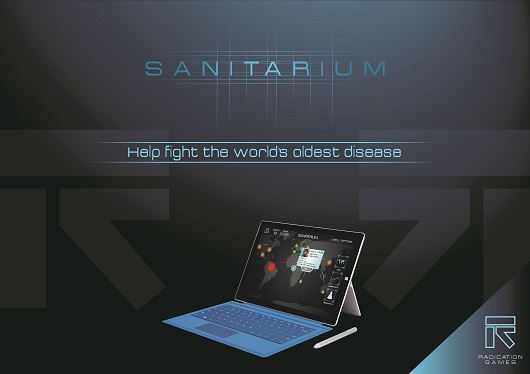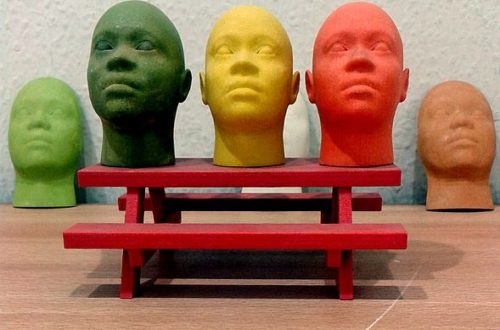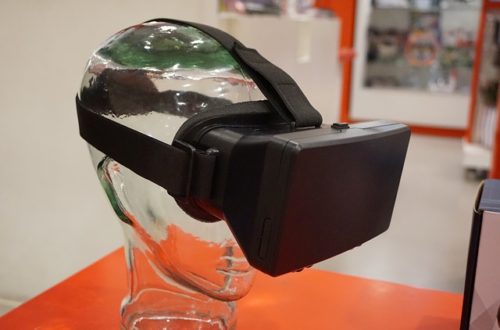New Video Game Could Be the Cure to Tuberculosis

Scottish undergraduate students from Abertay University and scientists from the University of St. Andrews have teamed up to develop a video game that could put the cure to tuberculosis at your fingertips.
Their recently developed game, Project Sanitarium, invites its players to act as doctors and treat as many TB patients as possible with a limited amount of resources — which is a circumstance many physicians find themselves in around the world.
Radication Games, the student game designers, recently received the Gold Award at the 2015 Serious Play Conference for Project Sanitarium. What started as a third-year group project for these undergraduates has gradually evolved into something on a much larger scale.
TB remains one of the world’s deadliest diseases; approximately two million deaths occur from tuberculosis worldwide each year. With TB persisting as a global health epidemic, Sanitarium marks a step in the right direction toward developing effective treatments.
More Efficient Clinical Trials
Sanitarium operates based on a mathematical model developed by Professor Stephen Gillespie and Dr. Ruth Bowness at the University of St. Andrews. Gillespie and Bowness’ model demonstrates how TB can spread.
Sanitarium players will essentially test that model when treating their virtual patients. With each player’s treatment providing the scientists with updated data, they’ll be able to note which treatments are more successful than others.
As new TB treatments develop, the game’s designers will also be able to manipulate the model to test their effectiveness against the original treatments.
Updated data from players could provide the basis for new clinical drug trials or further research. This information also narrows down the hypotheses worth looking into, ultimately saving researchers a significant amount of time and money.
Increasing Public Awareness
While TB remains widespread across the globe, many are still unaware of just how rampant the disease is in both underdeveloped and developed nations.
Of the approximate two million TB-related annual deaths worldwide, 1.5 million occur in underdeveloped nations. Simultaneously, the U.S. has seen the smallest decline in TB cases worldwide over the past 10 years. An increase in public knowledge of the extensive TB epidemic could aid efforts to properly address it in countries with and without sufficient resources.
Sanitarium provides an interactive (and fun!) learning opportunity for healthcare professionals and virtually anyone interested in gaming.

Sanitarium Game by Abertay University & University of St. Andrews.
During the course of the game, players must find the best way to treat their patients with the resources they have, but they also learn some healthcare basics along the way. Players use classic arcade games to decipher an x-ray and to learn how certain drug treatments work, as seen above.
Sanitarium operates on Microsoft Cloud, allowing its players to get real-time updates on how their patients are progressing, allowing for a more personal gaming experience.
Sanitarium’s designers plan on further developing the game for worldwide release next year, which could spark an increase in public awareness of the disease’s prominence and its treatments.
A Foundation for the Future
Radication Games’ full design for Sanitarium includes a built-in economy system centered on the time and costs involved with certain treatments. As players wish to buy more in-game currency, they would have the option to make a charitable donation to help fund the trials and treatments their play informs.
Project Sanitarium marks a stark departure from the traditional realm of disease research and treatment. By allowing anyone to shape the direction of tuberculosis research and treatment, the game’s designers could significantly change the worldwide landscape of TB. The cure for the disease could be in anyone’s hands.
Would you like to receive similar articles by email?





